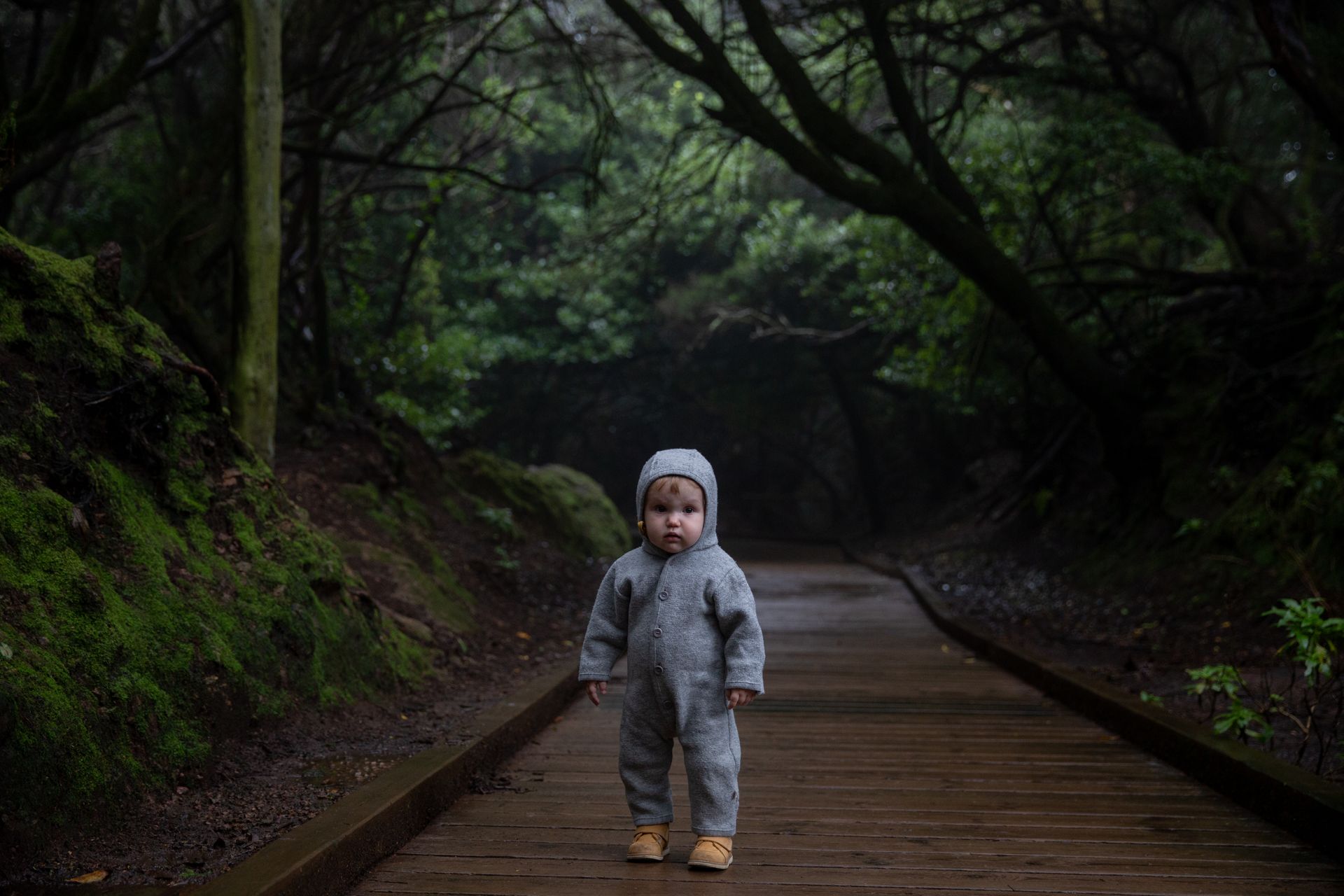I Still Flinch
Joshua Caldwell

I Still Flinch
Trauma stays with you.
It becomes a part of you.
If not dealt with, it defines you.
'Why do you always flinch?' Jessica inquired.
'It's not like I am going to hit you.'
My flight response has been heightened since childhood. At 33, I still find myself alert, constantly.
The one thing I knew, is that my child would never have to LEARN on their own what safety and security felt like.
They would have that here, always.
Until they didn't.
Life is cruel like that.
Let me first assure you reader PK is safe.
They are currently giggling and playing a racing game by my side.
This is a story of opposites.
The terrible twos didn't exist; at least not in the way we had heard about it colloquially. We didn't notice a huge difference till the months before their 3rd birthday.
It started with sleep regression, and a 'mama' fixation. (More than usual )
Calls for mama started coming every night. Words had been forming and through the dual decoding of English and Toddler speak, they expressed a new fear of the dark.
They became shier, reserved, yet simultaneously being seconds away from a total melt down.
What seemed at first like boundary testing, quickly became disconcerting. They became more distant, and couldn't hear us.
We got hearing tests administered, nothing out of the ordinary.
Their school had not flagged anything out of the ordinary.
Most of this got covered by the arrival of the holidays and presents, and their birthday all in the span of three months.
This week they were to return to 'school' after their holiday break.
"No School" PK said.
This was not unusual per se', often times after an extended break, or even weekend they had some reservations about separating.
We had a week left and there was no reason to push it so we waited a few days and probed again.
"Are you excited to get back to school and see your friends?" I inquired.
"No School, No Friends" PK responded.
My hear sank. I asked about their friends, or lack thereof and there was no response.
"Why don't you want to go back to school?" I asked.
"No school...hit" PK replied.
I wave of cool rage and anxiety washed over me.
I took a breath.
"Who hit PK? Is that why you are saying 'no friends'? Are you having trouble with the other kids"
They avoided eye contact and responding.
Jessica and I exchanged looks.
After multiple tries, PK opened up that one of his teachers had hit him. Smacked them in the hand, and grabbed them while they were playing legos.

Thought we all might need a good scream after this so far.
Take a breath.
As I said, this is a story of opposites.
In no way am I trivializing the Trauma inflicted on my child, but getting hit on the hand and the things I experienced in my child hood exist on fairly opposite sides of the spectrum.
What I want to focus on is the magnitude of something even on the 'lighter' side of trauma and how MUCH it affected PK.
PK returned to school this week.
It has been four days. They were assigned to a new class, and the former class is under investigation.
Three months ago, PK was signed up for speech therapy.
We were told they were a year behind.
In four days, they are speaking in almost full sentences. Learning new words, activities, and more independent then ever.
I honestly don't know if I can put into words the STARK difference in our child since they talked to us.
There was guilt in not seeing it sooner, not picking up on the signs. However, so far, I know my child's ending is a happier one.
Trauma grows and compounds. I grew up in a house where conversation never occurred let alone listening and protection.
Think about the ways that various levels of trauma can show themselves and take care of each other.
No one else will.
TrauMEDIA
